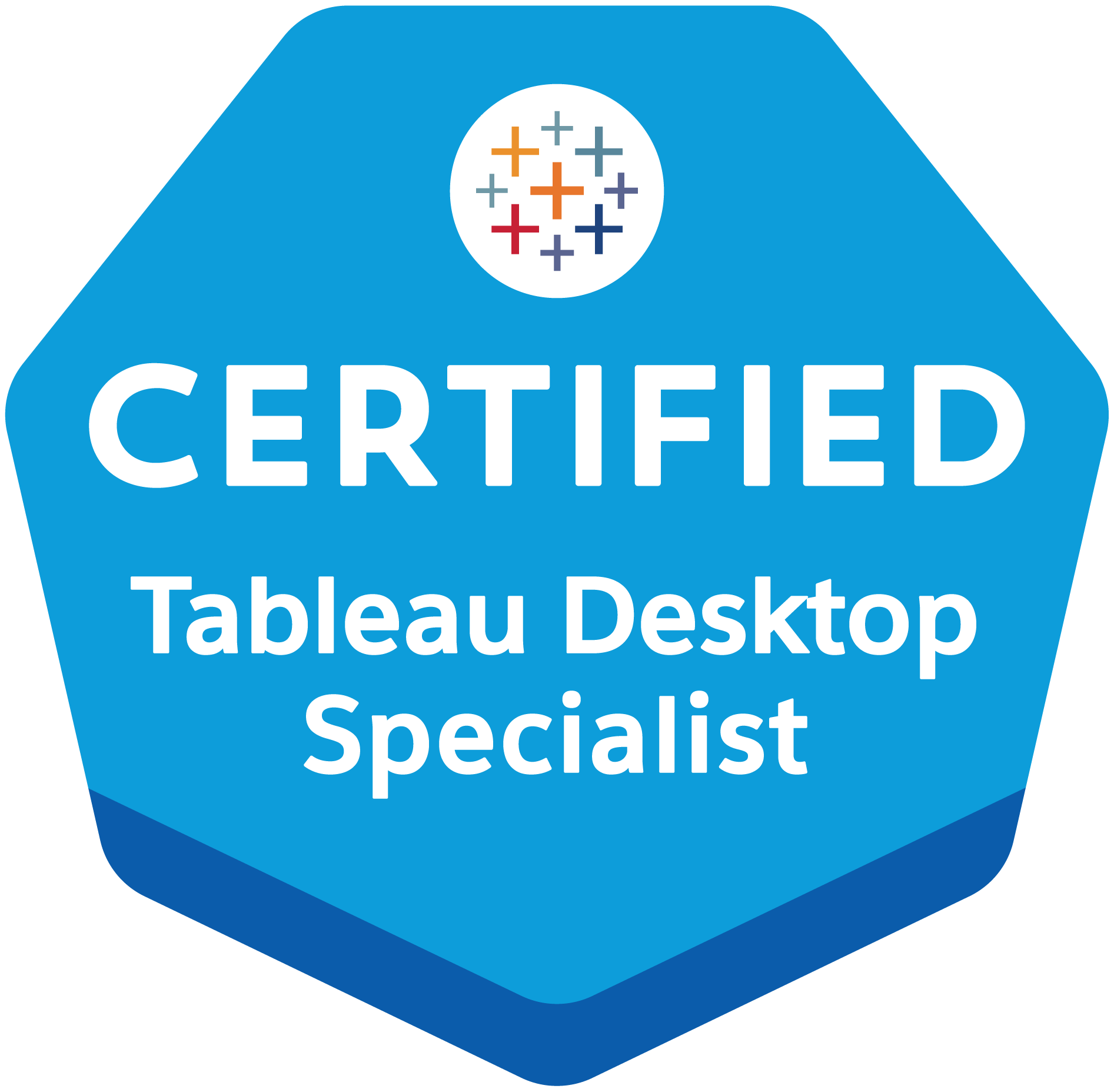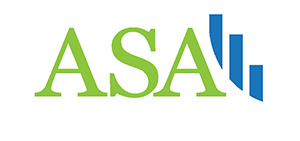
Discovery & Making Recommendations
Discovery is an excellent tool for organizations of all sizes, across all industries- it helps companies make the best decisions for data-related projects, and usually results in high project success rates.
If you want to start getting insights from data but you as an organization are not sure where to start, this article is for you; it goes through example questions that a consulting firm will ask you as part of the discovery process, and common scenarios.
What is Discovery?
“Discovery” means having a very well defined plan ahead of time—engaging a consultant to simply evaluate your organization’s current status and desired goals, and then make a recommendation for how to proceed (but not actually implement anything yet).
Projects that are well defined and thought-out ahead of time tend to take less time, flow more smoothly, and result in less waste.
Discovery can be particularly helpful if few people at the organization have extensive experience with data and data-related tools.
The deliverable from the engagement will typically be a report that:
- Details what appears to be the best option for your particular organization given its current state, goals, and constraints
- Explains why these options appear to be the best for your particular company
- If desired, it discusses additional options and why they weren’t selected as the top choice, but might still be considered.
Asking Questions
Discovery can be used for any data-related problem. Effective data analytics is a useful tool to help your organization make big decisions, not an end in itself. Crowd-pleasing organizations often prioritize the technological impressiveness of their analytical methods over their effectiveness all the time, but this strategy is completely backwards. Instead, when doing any sort of work with data, always ask yourself what questions need to be answered. Whether you’re working with Boxplot or someone else, the consultant will definitely need to know the central question(s) you’re trying to answer with your analysis.
Here are some examples of discovery requests we’ve received in the past:
“I want to create an algorithm that predicts the top real estate markets. We aren’t sure where to start.”
Discovery can help this organization:
- Choose the right datasets to answer the questions, including writing proper surveys if needed.
- Choose the right variables for the algorithm, and how to weigh them if needed.
- Decide on the best tool for creating the algorithm and possibly visualizing any results
“Our organization knows it wants a centralized location for all of its data, and a reporting system.”
Right now, your company has all of its data in different spreadsheets, spread across multiple folders, computers, drives, etc. You know there are a lot of options for accomplishing your goal – and those options can seem overwhelming!
Acquiring, Pulling, and Using Data
Do You Already Have Data You Want Analyzed? This is a self-explanatory question, but it's worth repeating here, because any data consultancy that you work with wants to know the answer in your project description. If you don't already have data, that's fine! You can discuss with the firm what data you want, and ideas on where and how to acquire it.
If You Already Have Data, How Are Your Data Stored? Is it in Excel? In print? On a pdf or Word document? On a website? Database? Knowing the answer to this question greatly enhances the ability of others to assist in your data-driven goals.
Do you have existing preferences for tools? Part of the discovery process often involves the consulting firm recommending tools based on your organization's particular constraints, preferences, and needs. But if you have tools in mind already, that should be discussed up front. There are almost as many tools to analyze data as there are uses for data. Choosing which analytics tool to use depends on a number of things: the purpose of your analysis, your technical skills, your budget, and the amount of time you have to conduct your analysis.
Discovering Your Organization's Data-Oriented Objectives
Sitting with a consulting firm to define goals, needs, and the current state of your organization's data situation can help produce a plan that is perfectly tailored to your company's needs and, after implementation, allows you to enjoy the benefits of a state-of-the-art data practice, or whatever goal you are trying to achieve with the discovery process. If you're looking for a partner to help realize its data-driven potential, reach out to us!
We'll always offer a free consultation, and have one of our experts converse with you directly to recommend the best approach given your organization's needs.



